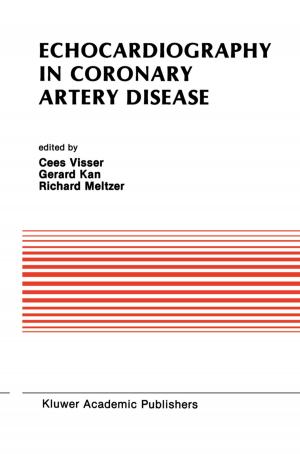Control Systems for Heating, Ventilating and Air Conditioning
Kids, Natural World, Nonfiction, Reference & Language, Education & Teaching, Science & Nature, Science| Author: | R. Haines | ISBN: | 9781468465938 |
| Publisher: | Springer US | Publication: | December 6, 2012 |
| Imprint: | Springer | Language: | English |
| Author: | R. Haines |
| ISBN: | 9781468465938 |
| Publisher: | Springer US |
| Publication: | December 6, 2012 |
| Imprint: | Springer |
| Language: | English |
There are two reasons why we have a new edition every four or five years. The first is that technology changes. Chapter 10, on computer-based con trols, has had to be almost completely rewritten. Fundamentals don't change, but the tools available to us do change. Evaluation and proper use of those tools makes it even more imperative that we understand fundamentals. Many of our control problems stem from the use of new devices as a solution to problems that are, in fact, control design errors. New gadgets, for example, Direct Digital Controls (DDC), will not solve basic problems and may even compound them. None-the-Iess, you will find an extensive discussion of DDC because I think it is the probable "future" in HVAC control. But it must be applied with a good understanding of fundamentals. The second reason is that I keep learning and need to pass on my new and improved understanding to my readers. Thus you will find a number of small but important revisions, a dissertation on control "modes," and a much more detailed discussion of how electronic control devices work. There are a few places where I have corrected what I now perceive to be errors. I apologize for these. I have been much encouraged by the acceptance of this book in the past, and I hope that this new edition will be helpful. Thank you for your support.
There are two reasons why we have a new edition every four or five years. The first is that technology changes. Chapter 10, on computer-based con trols, has had to be almost completely rewritten. Fundamentals don't change, but the tools available to us do change. Evaluation and proper use of those tools makes it even more imperative that we understand fundamentals. Many of our control problems stem from the use of new devices as a solution to problems that are, in fact, control design errors. New gadgets, for example, Direct Digital Controls (DDC), will not solve basic problems and may even compound them. None-the-Iess, you will find an extensive discussion of DDC because I think it is the probable "future" in HVAC control. But it must be applied with a good understanding of fundamentals. The second reason is that I keep learning and need to pass on my new and improved understanding to my readers. Thus you will find a number of small but important revisions, a dissertation on control "modes," and a much more detailed discussion of how electronic control devices work. There are a few places where I have corrected what I now perceive to be errors. I apologize for these. I have been much encouraged by the acceptance of this book in the past, and I hope that this new edition will be helpful. Thank you for your support.















